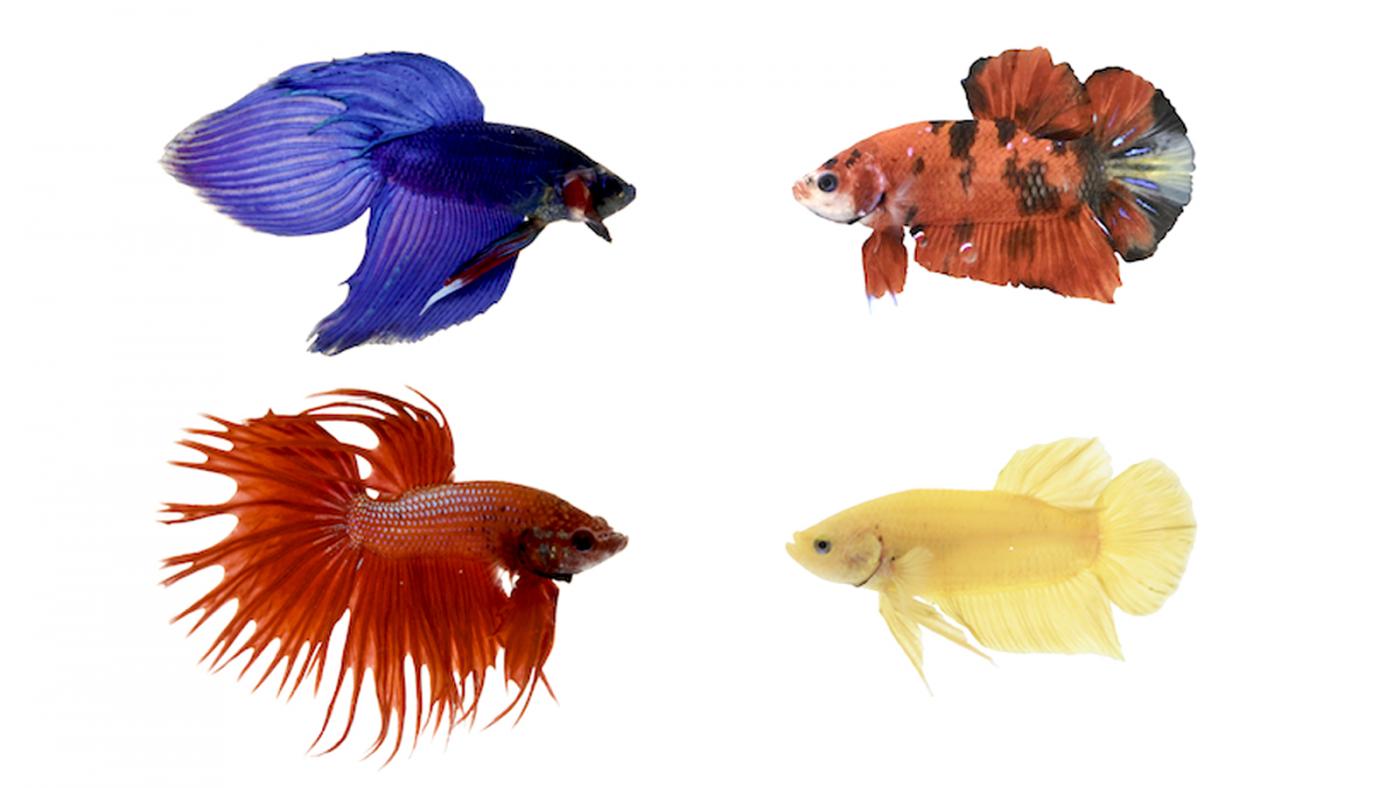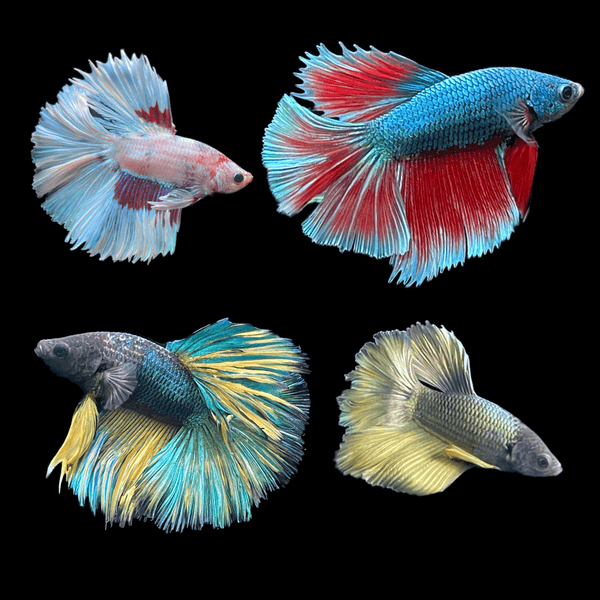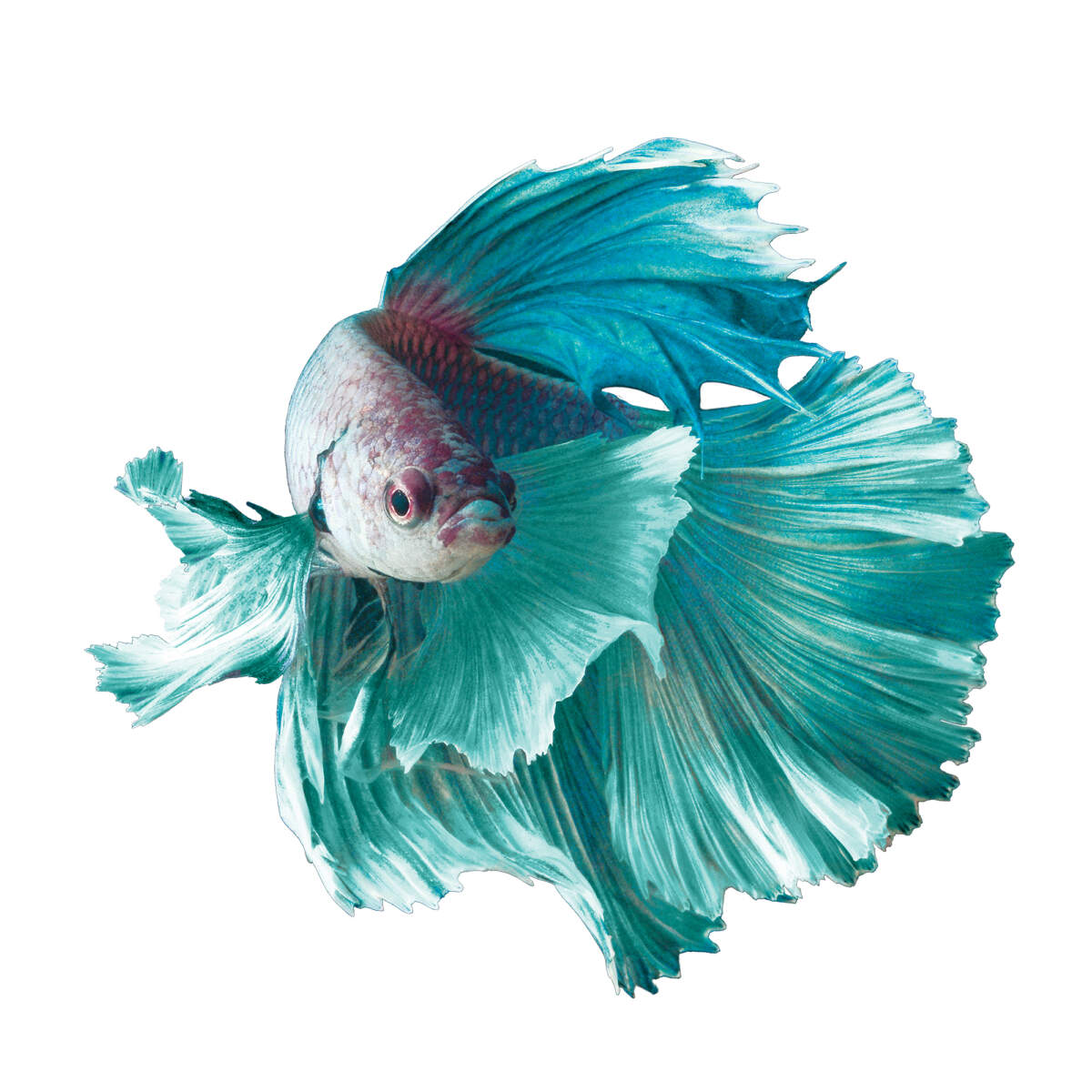The Ultimate Betta Fish Treatment Overview for New Animal Owners
The Ultimate Betta Fish Treatment Overview for New Animal Owners
Blog Article
The Ultimate Overview to Betta Fish Treatment: Crucial Tips for Keeping a Healthy and Growing Aquarium Atmosphere
Reliable Betta fish care necessitates a detailed understanding of their special environmental and physiological demands. Developing an appropriate fish tank begins with picking the right tank dimension and making sure ideal water problems, which are essential for the wellness and well-being of your Betta.
Picking the Right Tank
Selecting the suitable storage tank for your Betta fish is crucial to ensuring its health and wellness and wellness. Bettas flourish in environments that resemble their natural habitats, which normally are composed of tranquility, warm waters. A tank size of at least 5 gallons is suggested to offer ample swimming area, as smaller containers can result in stress and anxiety and wellness concerns for these vibrant fish.
When choosing a tank, consider the storage tank's form and purification system. Furthermore, a reliable filtering system is necessary to preserve water top quality and minimize the regularity of water changes.
Temperature level law is another key factor; Bettas choose water temperatures between 76 ° F and 82 ° F. Spending in a good heater will ensure that the water continues to be within this array, promoting a healthy and energetic way of living for your Betta. Supplying suitable tank decors and concealing spots will help lower stress and urge natural habits, further boosting your Betta's wellness.
Maintaining Water High Quality
Maintaining ideal water top quality is vital for the wellness and long life of Betta fish. This needs regular monitoring of different specifications, including temperature, pH, ammonia, nitrite, and nitrate degrees.
The pH degree must preferably fall between 6.5 and 7.5. Normal testing utilizing a reputable water testing kit can aid guarantee these parameters remain within the ideal varieties. Ammonia and nitrite degrees must constantly be at 0 ppm, as even low focus can be poisonous to Betta fish. Nitrate levels must be kept under 20 ppm to avoid long-term wellness problems.
Regular water changes are crucial to preserving water high quality. In addition, including a durable purification system can assist in keeping water clearness and top quality, providing a much healthier environment for your Betta fish.
Perfect Feeding Practices
Supplying a well balanced diet regimen is vital for the wellness and dynamic coloration of Betta fish, as their dietary needs play a considerable role in their total wellness. Betta fish are meat-eating naturally, requiring a diet regimen high in protein. A mix of high-quality pellets, frozen or real-time foods such as bloodworms, brine shrimp, and daphnia can provide the vital nutrients they need.
Feed your Betta fish a couple of times a day, providing only what they can take in within two to three mins to stop overfeeding and keep water high quality. Overfeeding can result in excessive weight and wellness problems, consisting of swim bladder disease. It is essential to monitor their dietary intake and change portion dimensions as necessary.
In enhancement to protein, a well balanced diet regimen ought to consist of nutrients to advertise optimal health and wellness. Take into consideration supplementing their diet plan with premium flakes or pellets particularly formulated for Betta fish, as these usually have required ingredients.

Creating a Suitable Environment

Water top quality is paramount; preserve a temperature between 76 ° F and 82 ° F, and make sure the pH level ranges from 6 - betta fish.5 browse around this site to 7.5. Normal water changes of 25-50% each week will assist maintain toxic substances at bay and guarantee a secure atmosphere
Including plants and concealing areas is essential, as Betta fish are normally territorial and take pleasure in having areas to discover and retreat. Live or silk plants, in addition to caverns and accessories, can produce a revitalizing setting.

Regular Health Checkups
Conducting routine health appointments is vital for making sure the health of Betta fish, as early detection of prospective concerns can prevent serious illness. These checkups ought to incorporate a thorough examination of the fish's physical problem, behavior, and ecological elements.
Begin by observing the Betta fish for any type of indicators of distress, such as sleepiness, loss of appetite, or uncommon swimming patterns. Additionally, evaluate the fins and body for signs of staining, lesions, or fin rot, which can suggest infections or parasites. On a regular basis checking the water high quality in the aquarium is just as critical; parameters such as pH, ammonia, nitrite, and nitrate levels need to be maintained within optimum arrays to stop stress and ailment.
Moreover, think about keeping a log of wellness observations and water quality tests. Prompt treatment can make a considerable distinction in the healing of your Betta fish, making sure a lengthy and healthy life in a properly maintained aquarium atmosphere.
Final Thought
Finally, effective Betta fish treatment depends upon developing and maintaining an optimal fish tank environment. Trick elements include selecting an appropriately sized tank, ensuring constant water quality, adhering to suitable feeding methods, and designing an environment that decreases stress and anxiety. Routine health and wellness content appointments are necessary for very early discovery of prospective issues. By complying with these standards, aquarists can promote the health and vibrancy of Betta published here fish, inevitably leading to a growing aquatic environment.
Report this page